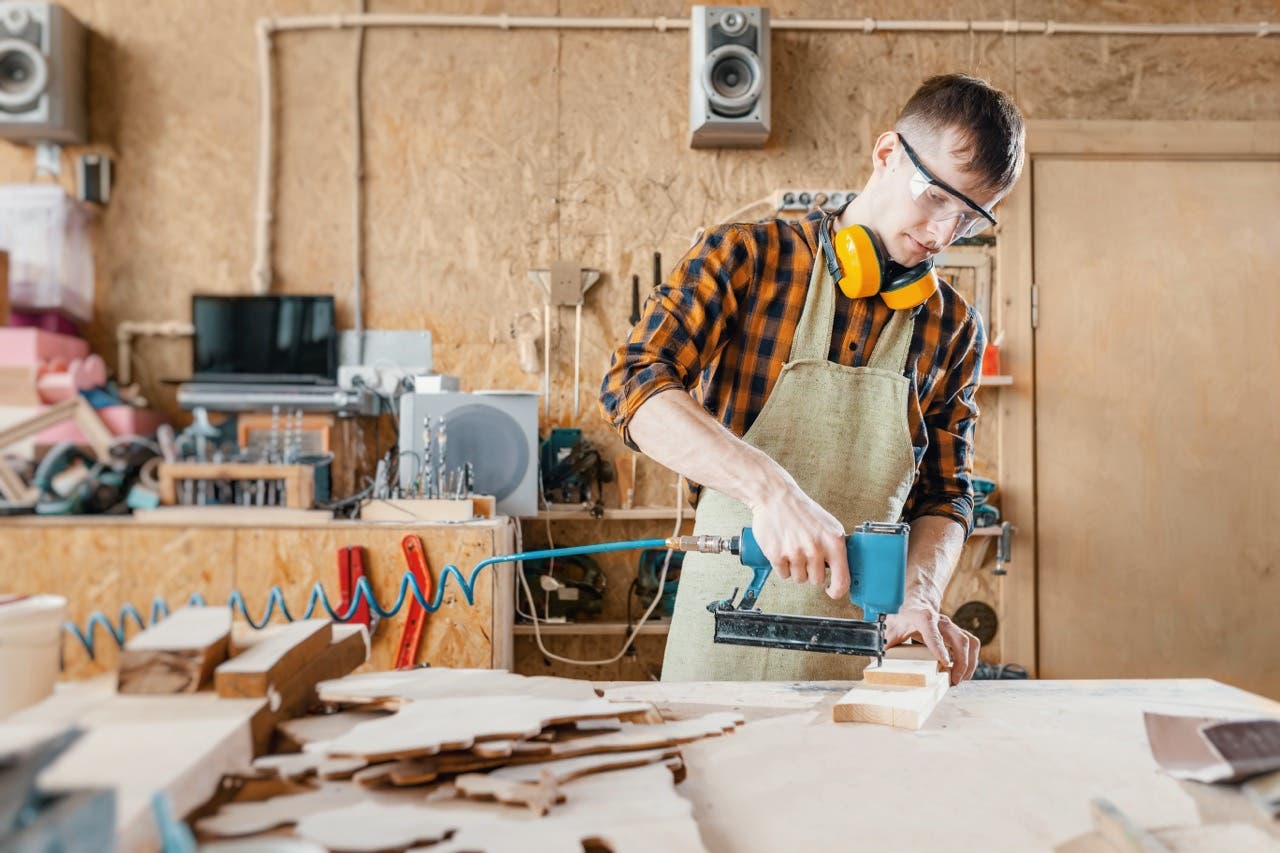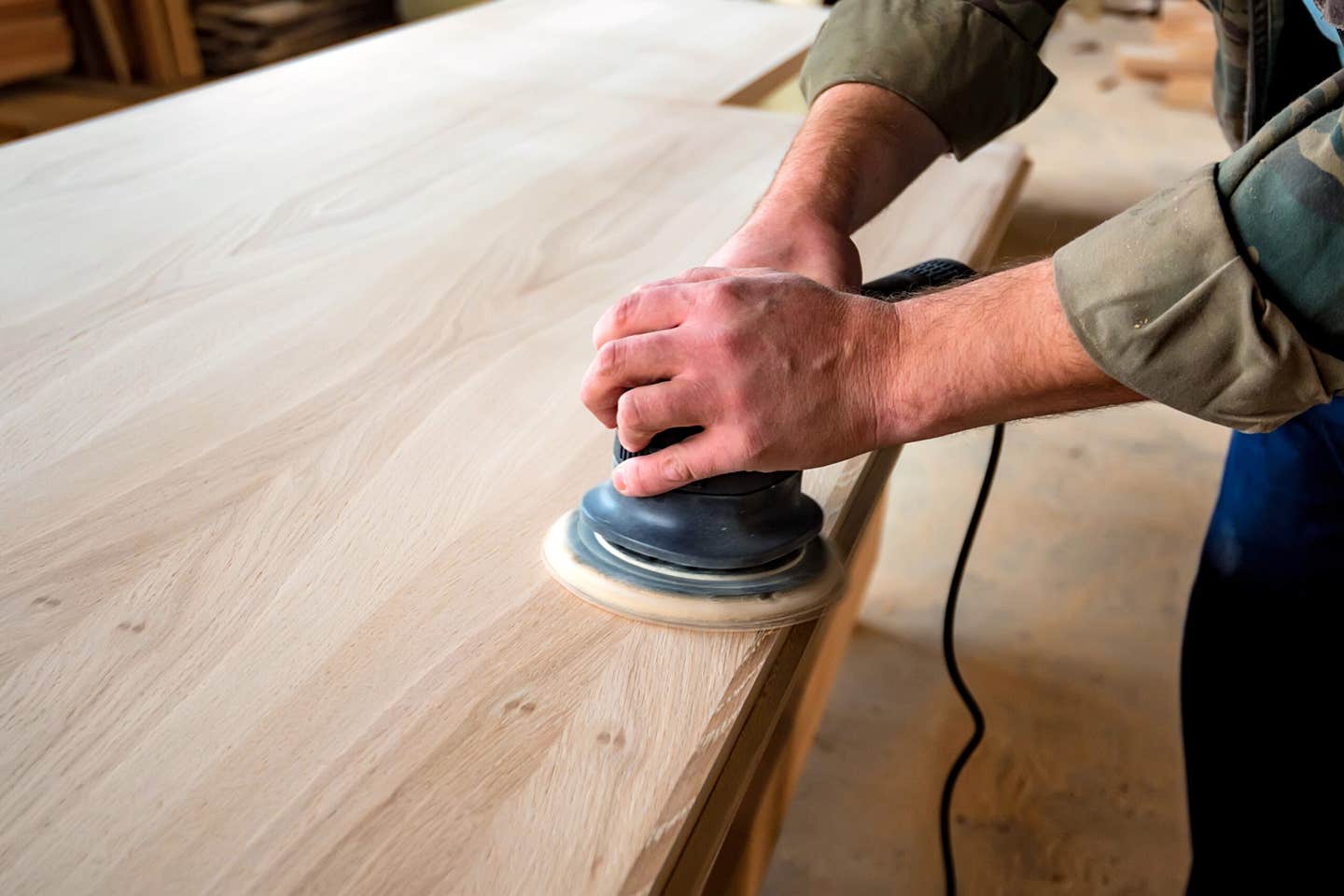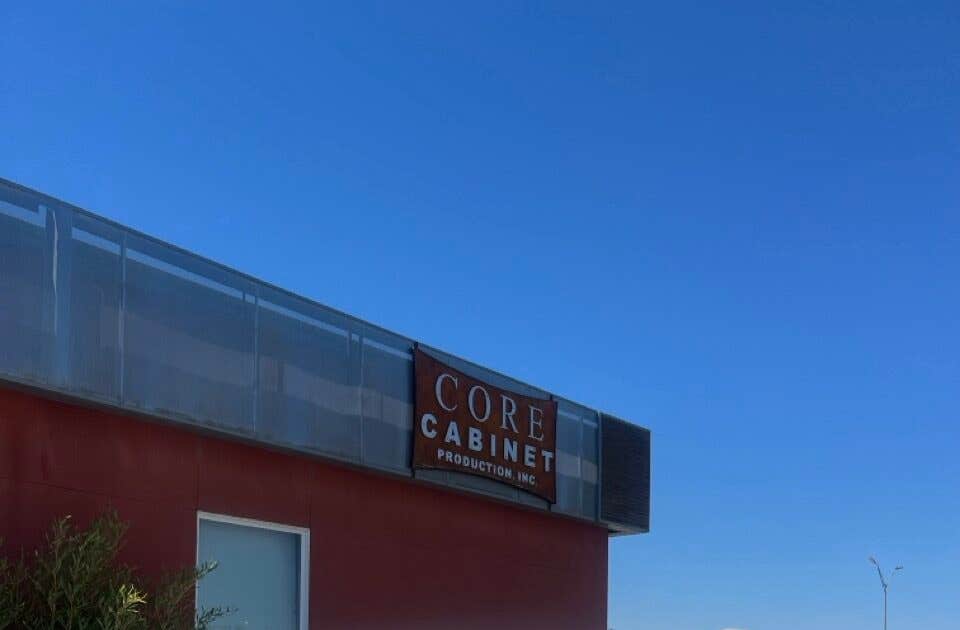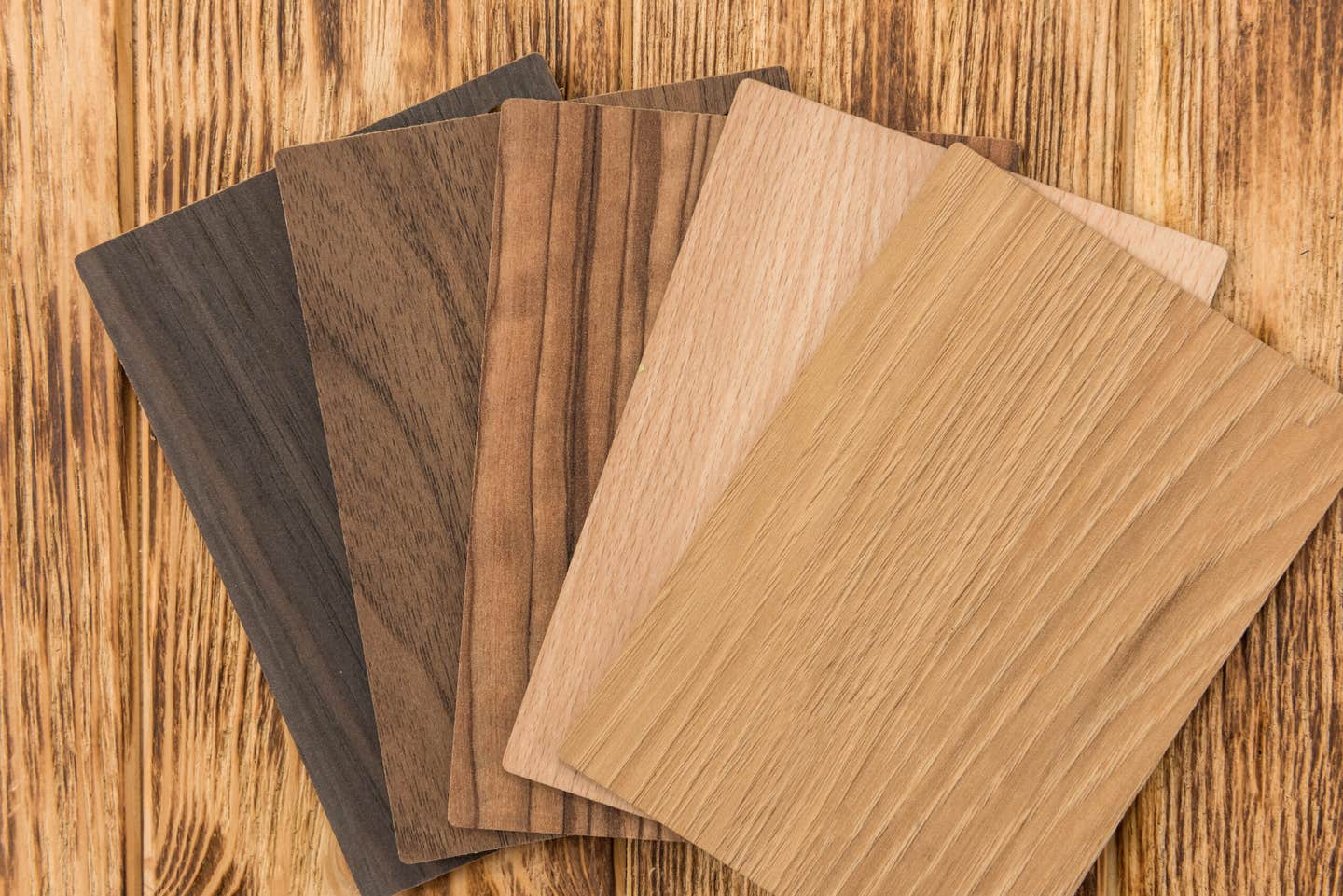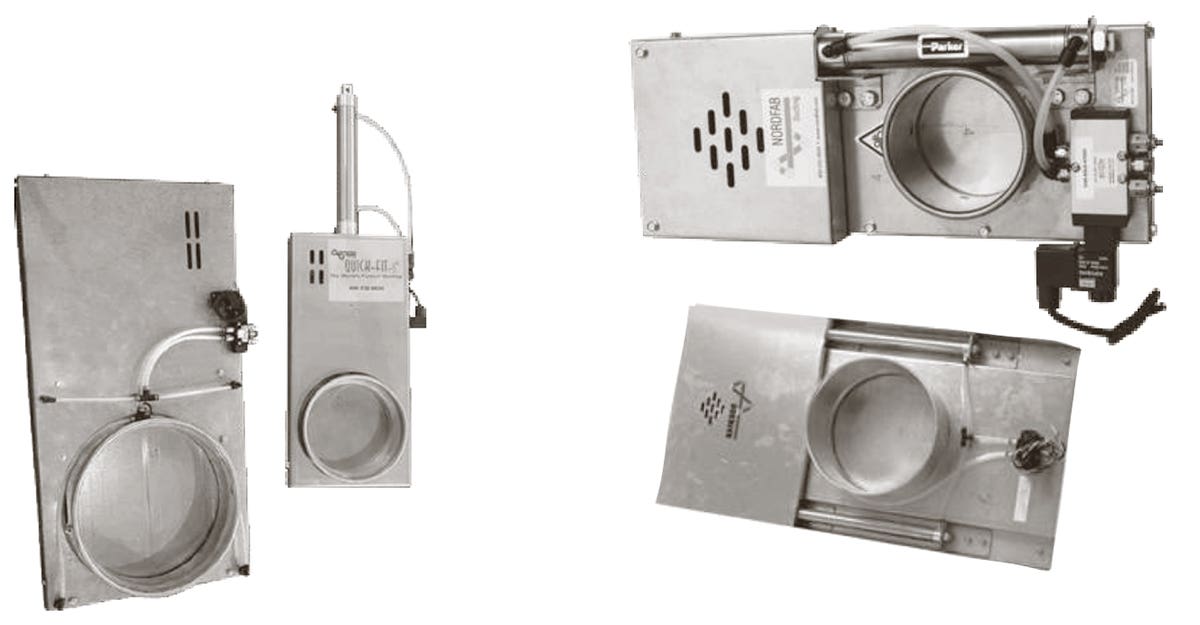A sustainable water bottle
The man behind the launch of a new reusable bamboo-paneled bottle that filters water with coconut shells wants to make a difference helping people all over the planet. His name…
The man behind the launch of a new reusable bamboo-paneled bottle that filters water with coconut shells wants to make a difference helping people all over the planet. His name is Ben Kander, the founder of startup company Welly LLC, which introduced the Welly Bottle on the Kickstarter crowd-funding online network in May.
The Welly Bottle is a personal water bottle made with a plant-based casing that purifies water with a filter made from coconut shell carbon. Featuring a streamlined design of about 9” x 4”, the bottle easily fits into purses or bags and holds 24 oz. As users drink from the bottle, water flows past the filter removing chlorine, odor and unwanted tastes from potable tap water. Each filter can purify enough water to effectively replace 300 plastic water bottles, he says.
“I wanted to provide a convenient solution for drinking water that you could take with you on the go and that was a part of the design in terms of the shape of it. A lot of bottles are big and round and they couldn’t fit in my travel bag. I wanted something more like a canteen that’s flat. When you empty this, you can compress both sides of it and you can stow away much easier than a big round bottle.”
Kander says the real genesis behind his idea stems from when his mother got sick and died from liver cancer three years ago. His mentality shifted to being mindful of the things people put into their bodies and wanted to help people help themselves by removing bad things from the water.
“After she passed, I was living in London and the tap water tasted terrible. I had previously studied sustainable business at Emory University and wanted to use this background to do something about improving the quality of water people drink. I learned about water domestically and internationally, finding that the former varies greatly from municipality to municipality, town to town, and often it has contaminants in it,” Kander says.
Working with product development scientists and industrial engineers, he developed a prototype and is trying to raise $50,000 to cover manufacturing costs. The bottle will retail for around $35.
“If you reuse this bottle, you’re going to help save so much plastic in which 80 percent of it gets thrown into landfills and not recycled. It takes three times the amount of water to produce one bottle than it does to fill it, and water is needed to ship and transport bottles. This cuts out all of those unnecessary things,” Kander adds.
For information, visit www.wellybottle.com.
This article originally appeared in the July 2015 issue.



